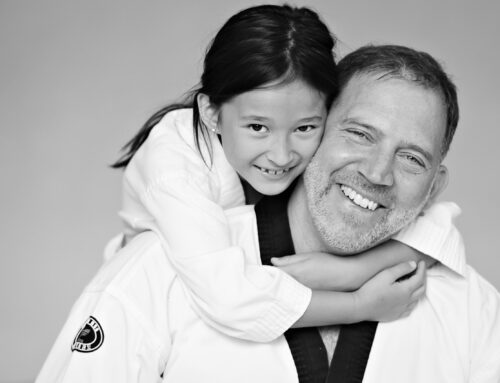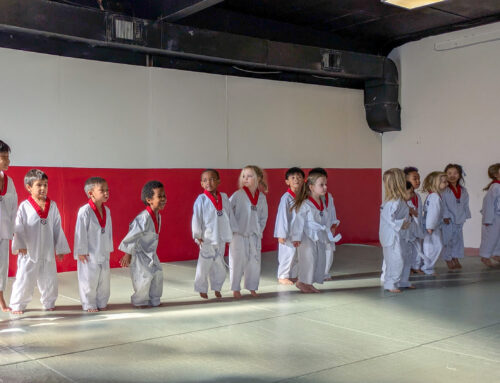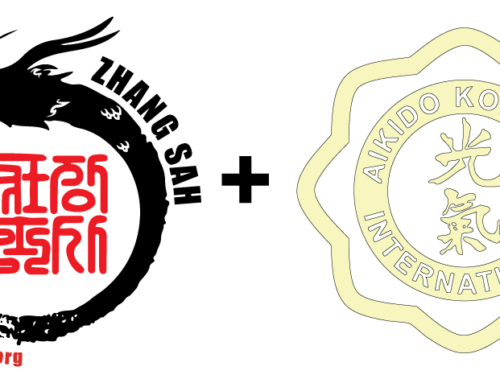My mother tells me, when I was a toddler, my favorite toy was a percolator coffee pot. I would take it apart, put it against my face to see the distorted reflection, take it apart again, and pound it together like cymbals for hours on end. Other toys that I favored were the inflatable punching bag and my brown teddy bear. Of these three objects: the punching bag, coffee pot, and teddy bear, I only remember my bear, “Teddy”. I remember him mostly because mom lost him one day in the clothes washer. He was gone forever. I don’t remember ever playing with the coffee pot or punching bag. Yet, I remember the trauma of losing my bear.
It is interesting what is remembered consciously and what gets forgotten from early childhood. Maybe the event’s size makes people remember it, and the event’s importance makes people forget about it. I share this with you because a colleague of mine made a very pointed statement recently. He said, “Organizations are captives of their founder’s neuroses.” I agree with this statement. I believe the context which we develop, carry, and try to slough off throughout our lives have a profound effect on the work we choose to do and how we choose to do it. I am happy to tell you about the baggage that I have somehow converted into personal power and the subsequent genesis of my convocation.
The coffee pot is symbolic of my work in many ways. The pot is not designed as a toy, yet I chose to use it for a different purpose. How did I obtain this pot? Mom never said to me that she bought me a coffee pot to play with; rather she stated I played with “the” coffee pot. I found other uses for the pot other than its intended use. I used it to make noise, to see myself, and to challenge my coffee pot puzzle skills.
What’s most peculiar is, this reflective analysis begins with something I don’t even remember about myself. I think my executive coach, if I had one, would have a field day with this and inspire me to do a 360° review. I am sure there are many other things that I either do not know or realize about myself. My memory limits the remainder of this contextual reflection with its biased perception of the past.
I was born in 1968 and was raised in South Philadelphia from the age of three. My parents were second-generation European Americans and neither of them completed high school. My mother was a beauty school drop-out who opted to be a stay-at-home mother and housewife. My father obtained his G.E.D. and attended trade school to become an electrician. I am the oldest of four children. There are ten years between me and my youngest sister. We were raised in a two-story two-bedroom row home where we split the front bedroom into two when I was about 10 years old. I lived at home until I was 21. I think I learned how to do things around the house well with my six-person family for 11 years.
My father lied to me about his education until I was a senior in high school. He said that he went to college. He played it off well. As a child, I thought the two smartest people were my dad and the professor from Gilligan’s Island. My Dad is very knowledgeable and very well-respected in his field. I listened unconditionally because he knew, for the most part, the honor would be mine to be the first in the family to make it to college.
I attended the neighborhood public school for kindergarten. My teacher’s name was Ms. O (pseudonym). I remember three things from her class: finger-painting, my ABC’s, and her leaving me with my nose in the corner for not sharing the wooden block with a classmate. She then told the whole class to leave, shut the lights, leave, lock the door, and leave me alone in a dark classroom– forever, so it seemed. I remember her returning to classwith my mother looking for me. They found me shaking, teary-eyed, and very upset. My mother was happy to find me, and then she went on to scold me further for not sharing.
Ultimately, our earliest experiences shape us in ways we may not fully understand until much later. The objects we interact with, the lessons we absorb, and the moments that leave a lasting emotional imprint all contribute to the people we become. My childhood fascination with a coffee pot, the loss of my beloved teddy bear, and the memories of my family and school days illustrate how our subconscious carries forward the themes of our past. Whether in personal growth or professional endeavors, the narratives we build around these moments often influence us. Reflecting on them allows us to recognize the unseen forces that drive us, giving us the power to shape our own paths with greater awareness and intention.




